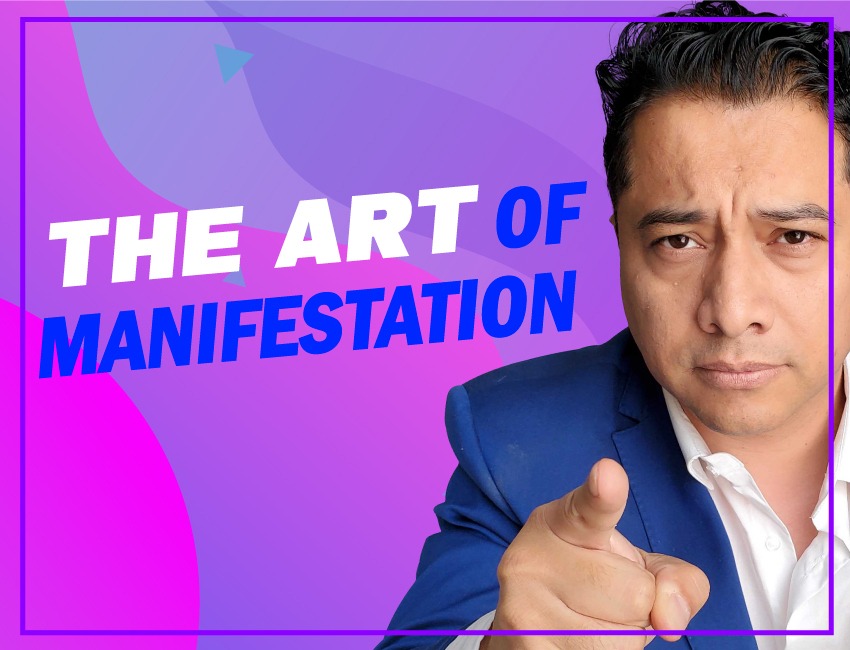The Influence of Music on the Mind

The musical enigma: Unveiling its impact on intelligence, well-being, and productivity.
Music permeates our lives, often quietly blending into the backdrop, from radio tunes to waiting room melodies. Occasionally, it takes center stage, like the carefully curated playlist at a Tony Robbins event. But what remains largely uncharted is the profound effect music has on us.
Music possesses an unparalleled ability to resonate deep within us, transporting us to specific moments in our lives. It allows us to revisit who we once were through sound. Have you contemplated the soundtrack of your life and the emotions each song evokes?
This is the magic of music, but its influence extends far beyond nostalgia.
Humans are inherently drawn to music because it activates the brain’s reward system, the part responsible for determining importance, value, or survival necessity. When we hear music we enjoy, our brains release dopamine, giving us a natural high, akin to the sensation of eating or having intimate relations. However, music transcends mere survival; it is something far more profound.
Music stands as one of the most potent tools for self-expression. It allows us to think and feel in ways we may not naturally gravitate towards, expanding our cognitive boundaries. It inspires, connects, and possesses the power to heal.
Music: A Healing Harmony
We understand that music can evoke emotions, soothing us into sleep with a Zen-like playlist or relaxing us after a taxing workday with soft, melodic tunes. But were you aware that music can manifest physiological benefits?
Researchers at the University of London conducted a study on surgical patients, monitoring the impact of music on their stress levels. They discovered that music, when listened to before, during, and after surgery, reduced pain, anxiety, and the need for sedatives.
Music is also emerging as a therapeutic tool for those grappling with neurological impairments. Individuals recovering from strokes or traumatic brain injuries, for instance, often lose their ability to speak when their left-brain region is damaged. Singing, however, is a function of the right brain. By learning to sing their words and eventually dropping the melody, these individuals can overcome their impairment, a journey exemplified by former U.S. Representative Gabby Giffords.
Music’s Impact on Children
Think of the familiar alphabet song, “A, B, C, D, E, F, G…”; the melody is unforgettable. Have you ever wondered why children are taught the alphabet this way? Music has been shown to aid children in retaining fundamental information, primarily because songs tap into the brain’s melody and rhythm-sensitive systems.
Music also possesses the potential to enhance the emotional and social lives of children and adolescents. A recent study examining emotional well-being in 8- to 16-year-olds found that those who received music therapy exhibited improved confidence, reduced depression, and enhanced communicative and interactive skills compared to those who received traditional treatment.
The Early Influence of Music on Babies
You may have observed expecting mothers placing headphones on their growing bellies, and there’s a good reason for this. Contrary to the notion of blank slates, babies have already amassed significant experiences with the world around them.
Research reveals that “newborns seem to react to sounds during the fetal period and respond distinctly to them after birth.” Around the 27th week of gestation, external auditory input begins to reorganize the auditory cortex. In simpler terms, during the second trimester, the fetus not only hears sounds but also responds to them. Moreover, prenatal exposure to music can significantly enhance cognitive performance later in life.
However, music’s influence on babies extends beyond the womb. Interactive musical experiences in their earliest years can significantly impact cognitive development. In a study of one-year-old infants participating in interactive music classes, researchers observed significant improvements in communication and reaction skills.
Music and Its Impact on You
So, how does music affect you beyond the obvious? We all know it can influence our energy levels. Have you ever attended a workout class with a sluggish playlist? It’s far from ideal. Conversely, a motivating song can propel you into a peak physical state.
Music, however, does more than influence your mood; it shapes your perception of the world and interactions with others.
Researchers at the University of Groningen found that people are more inclined to notice positive aspects of their environment when they are in a positive mood. Play uplifting music, feel better, and you’ll perceive the world more positively.
Music has also been shown to enhance the workplace environment. A study from Cornell University revealed that playing upbeat music fosters teamwork and collaboration, while dissonant tunes encourage individuals to focus on their own contributions.
Music’s power transcends mere mood enhancement; it can reduce daily stress, boost memory and creativity, improve blood vessel function, and even strengthen your immune system.
So, the next time you seek mental nourishment, consider music—whether it’s Vivaldi, Mozart, or any tune that uplifts your spirits. It might be doing much more than you realize.


















